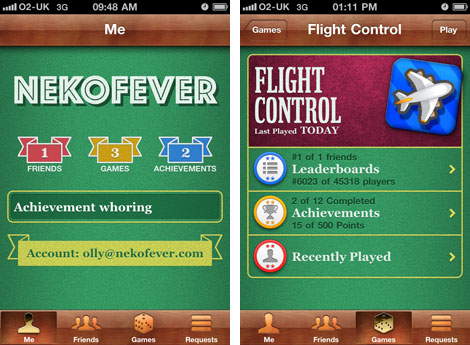In case you’ve missed the news, Game is on the ropes. Given that Game Group owns Gamestation, the only specialist high-street gaming retailers going under seems to be a matter of ‘when’ rather than ‘if’, which will leave us with the hardly stable HMV and… well… that’s it. Here in Bournemouth, with no large supermarket branches in the town centre, if Game and Gamestation go there will be absolutely nowhere to buy new games at retail – used from CEX, or the slim hope that the Tesco Express starts selling big releases.

I’m not going to deny that almost no high-street presence is a bad thing for the visibility of gaming, putting it entirely into the hands of online retailers and forcing platform holders’ hands in getting their digital distribution systems together. High-street electronics stores haven’t exactly been thriving either, and the low margins on hardware have always made them lukewarm on gaming at the best of times – again, none of them in my town – so it’s not unfeasible that some towns will have nowhere to buy games of any kind in the near future, unless you count an iPhone from the O2 shop.
But even despite these onrushing problems, I won’t mourn Game when it goes.
It’s been everything that’s wrong with games retail for a long time. Coupled with the supermarkets and online retailers, it mostly killed off the once-thriving independent retail market, which, for me, took away a big part of the gaming community and places where I made friends I still have today. No indies meant no import games in shops, but moving entirely online hasn’t destroyed that market and it won’t for the games market in general.
Having Game be this industry’s sole representative at retail has been embarrassing, frankly. Looking around one of the shops, it’s both a typical example of a retailing dinosaur, struggling to sell new product as it claws desperately to the RRP that no one expects to pay any more, and devalues games by looking and acting like it’s only patronised by people who like shopping in a glorified pawn shop. I don’t feel good when I bite the bullet and go in because I need a product immediately but find myself stuck in the queue behind a kid haggling over how little he’s being offered for FIFA 08, or when I buy something new and get nudged towards saving a whole £5 by buying the used one with stickers all over it and not a penny for the developers I’m supporting. No wonder people who only go in for birthday and Christmas presents think gaming is for people with a mental age of 12.
I appreciate that I just went after the notion of the RRP and that digital distribution has a lot to learn there, but without the likes of Game complaining, platform holders – and, you’d hope, the developers themselves – are free to actually compete on price. I fear Sony and Microsoft’s enforced pricing structures here, but I’m sure they’ll fall into line eventually. Microsoft has already shown itself willing to compromise on restrictive policies, with more rumoured to come, under pressure from gamers and developers, and all the collapse of retail means is that a lot of this learning is going to be done on the fly, perhaps sooner than we anticipated, more out of necessity than design.
So farewell, Game. You won a couple of battles, but you’re going to lose the war.

